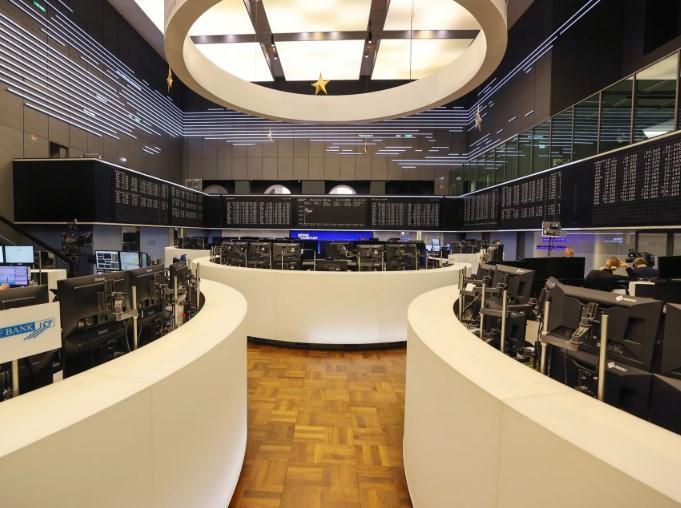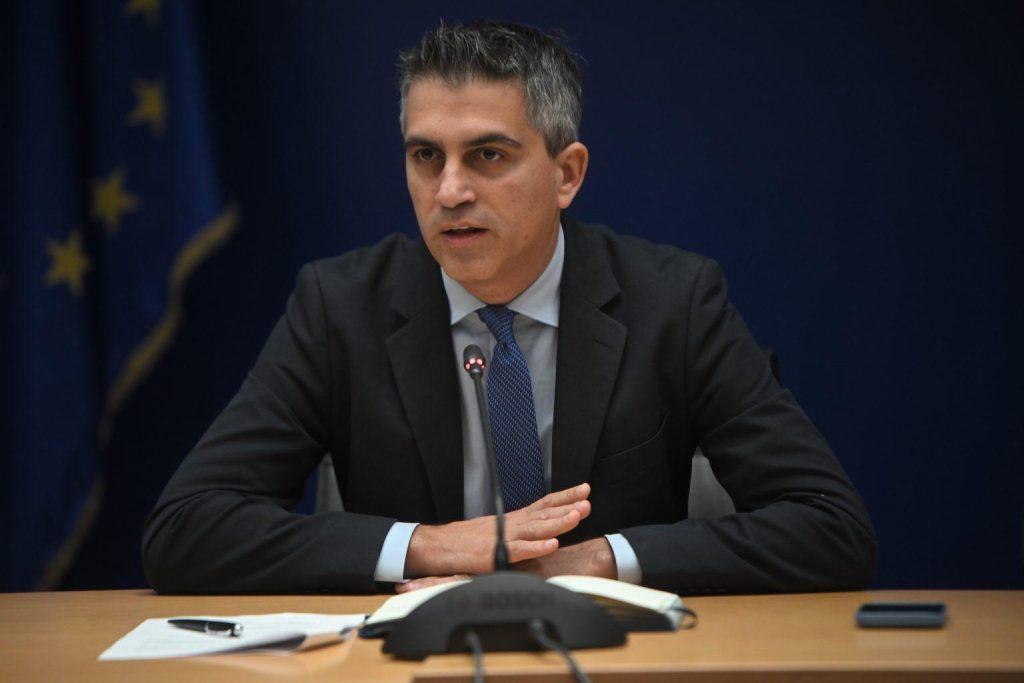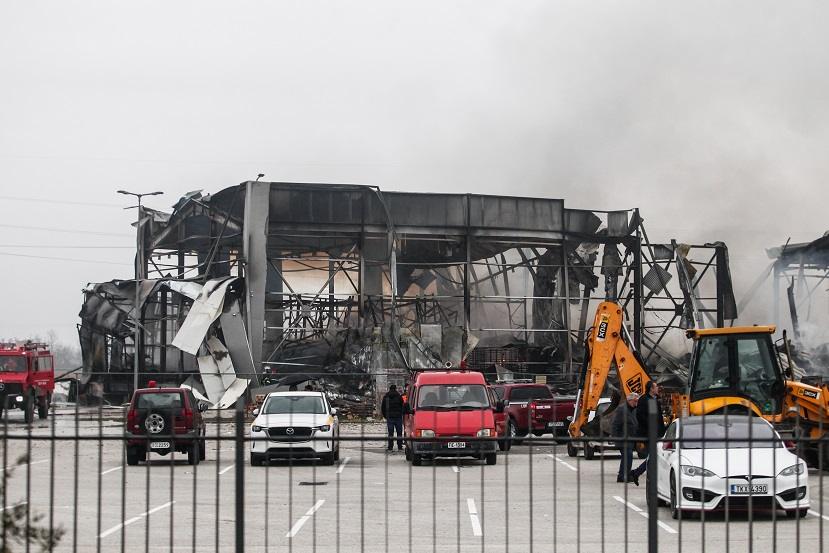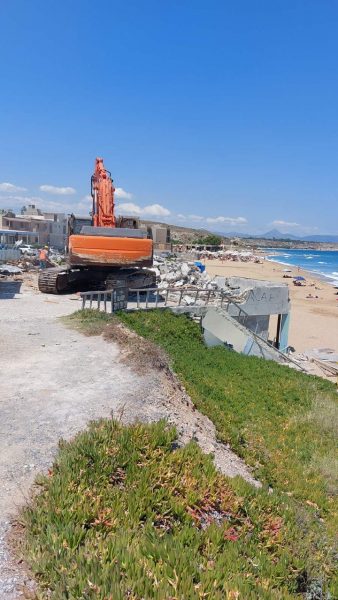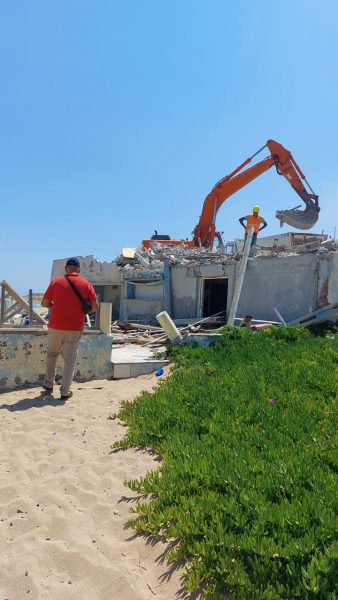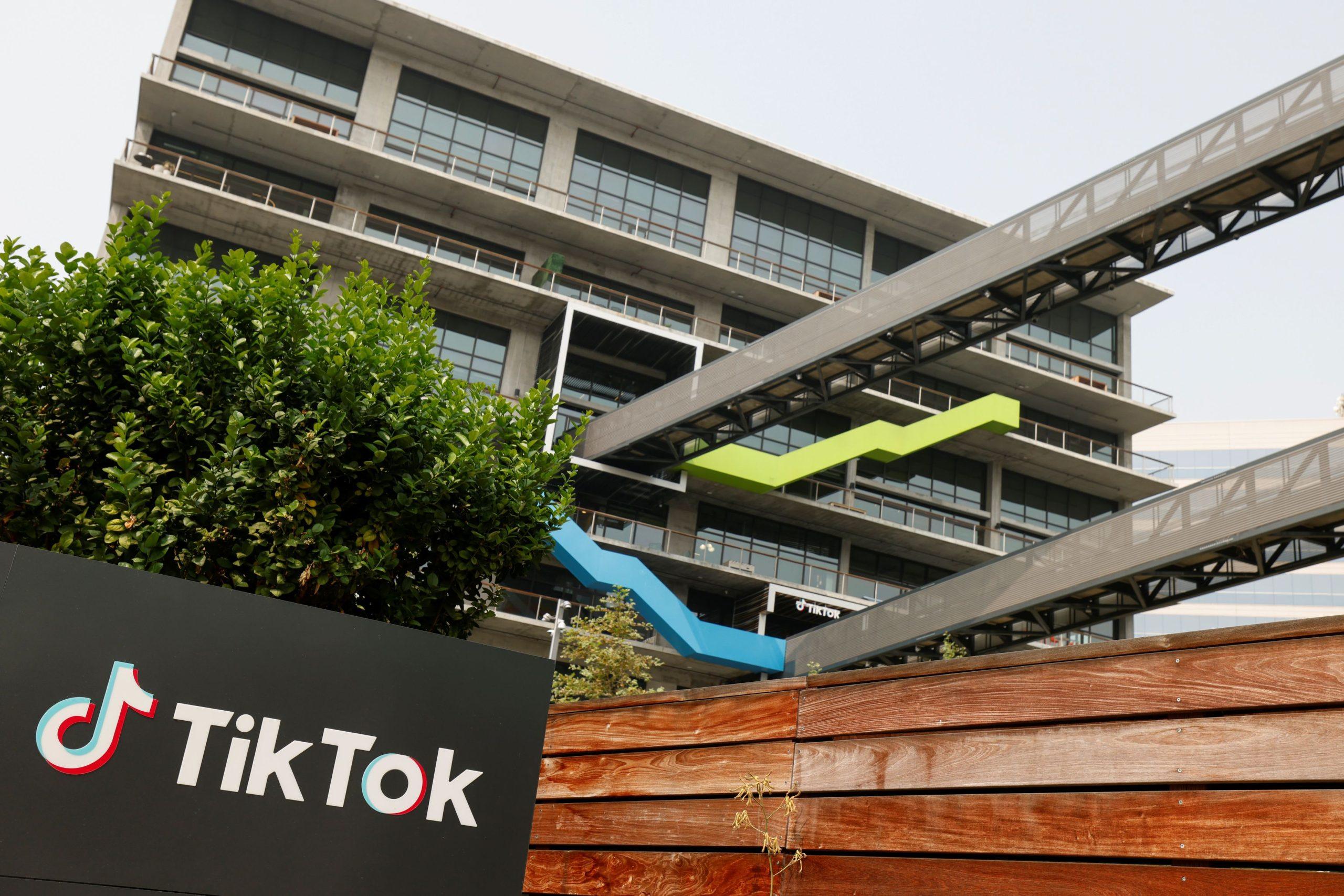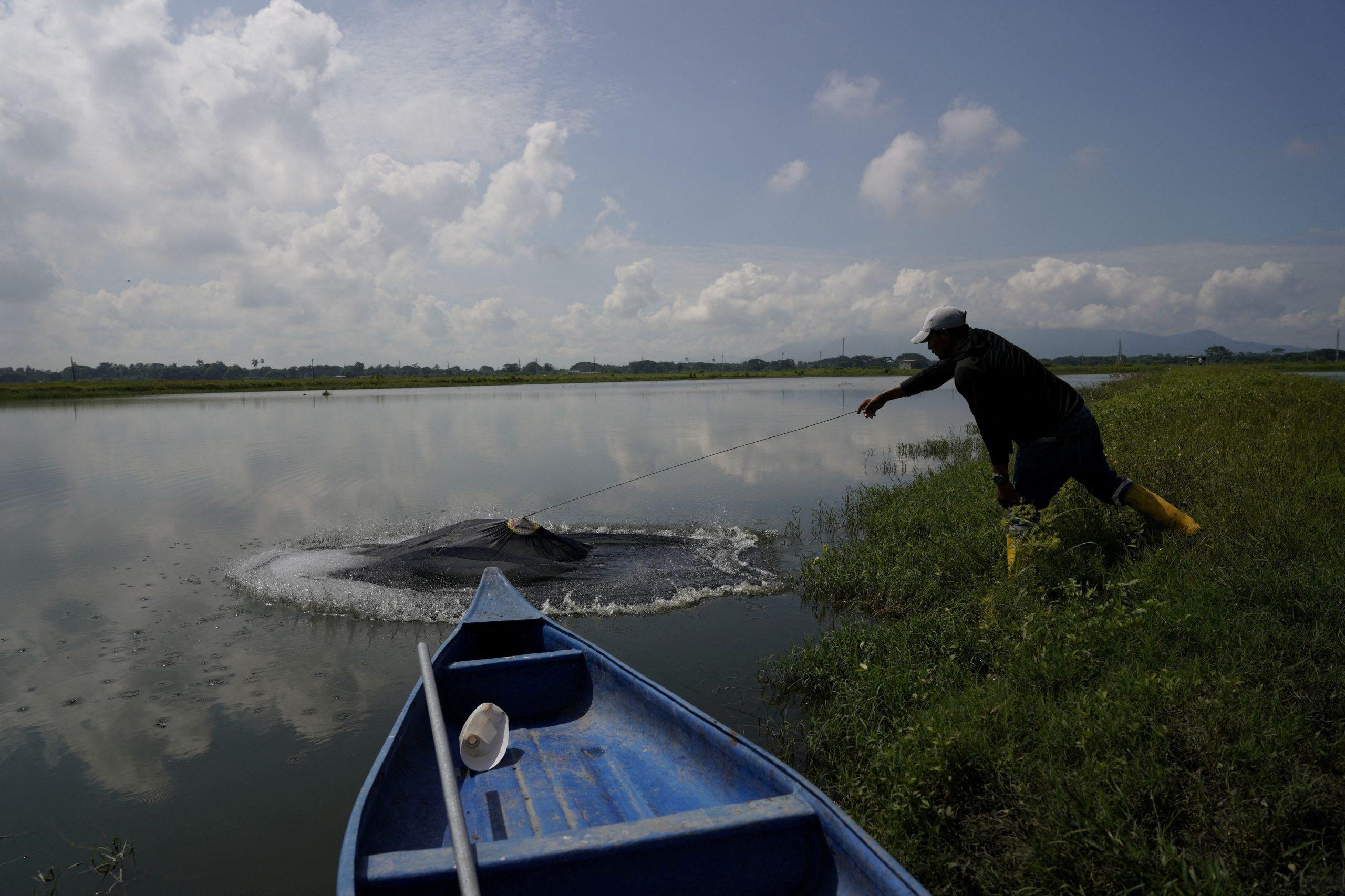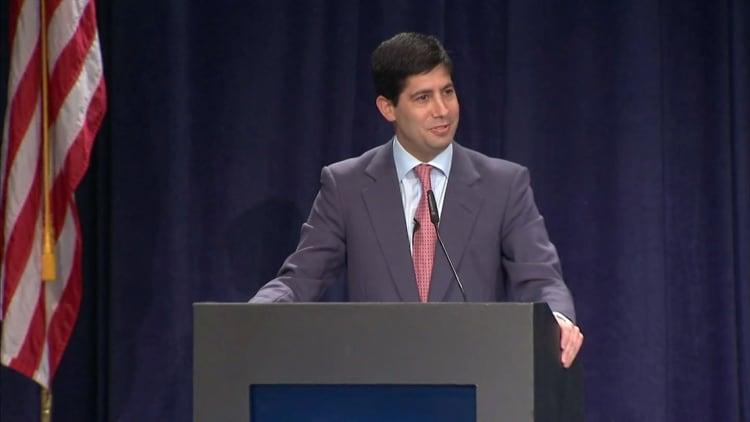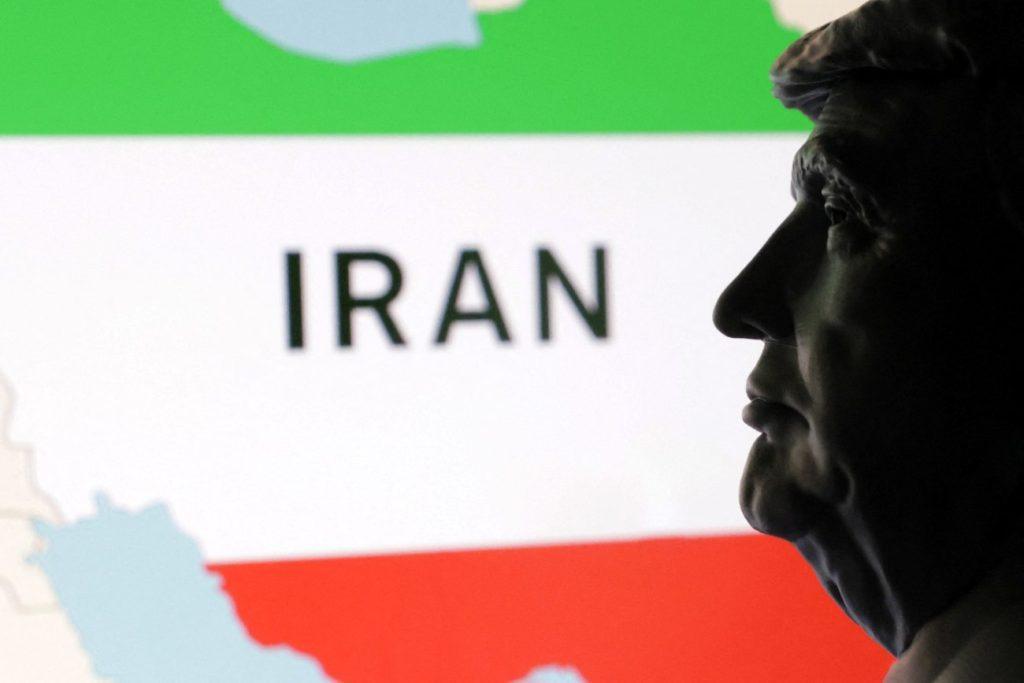Bulldozers of the Decentralized Administration of Crete revved up last Saturday, with jaws tearing up the concrete of an arbitrary abandoned structure on the beach of Tobruk, east of the city of Heraklion. The roof of the dangerously abandoned two-story building, which once functioned as a tavern, had been converted in recent years into a free parking area for beachgoers.
Freeze
The program of demolitions took up again in Crete, after the long period of their suspension. The demolitions of illegal buildings on seashores and beaches across the country had been “frozen” in March 2021, with an amendment by the Ministry of Environment and Energy which was constantly getting extensions until March 2023, on the grounds of the economic loss f4rom such structures.
The last extension expired and was not renewed after the government decided, on the way to the polls, to crack down on any urban planning illegality on the island of Mykonos. It remains to be seen if, post-election, the case will be re-evaluated and the decisions changed. In the meantime, the Decentralized Administration of Crete is “taking advantage” of the “freedom” for the demolitions, and the second demolition date has already been scheduled, within the next week.

The list
However, as the Secretary General of the Decentralized Administration of Crete Mrs. Maria Kozyraki reports to ΟΤ, the prioritization of the approximately 400 demolition protocols has changed, given that the June-September period is critical for the island’s tourist activity. Thus, the initial list that had been drawn up based on the interventions of the prosecutor, the antiquity or the seriousness of the offense, was restructured, initially excluding areas with a lot of tourist activity so that, as she points out, “we do not create a problem for businesses that are active in these areas, with legal permits, which have illegally occupied part of the beach”. According to the General Secretary, “we will intervene in these from October onwards”.
Most of the arbitrary ones are located in the northern part of the prefecture and mainly in the coastal areas of Heraklion and Lasithi and the demolitions will be done on a regular basis by the contractor who has undertaken the contract of 1.2 million euros. Initially, according to Mrs. Kozyraki, self-contained arbitrary constructions are chosen – e.g. canteens that have been extended with pergolas and tables, etc. – and from mid-autumn, demolitions will begin in hotels and shops of health interest that have illegally extended onto the beach and seafront.
The decisions
It took 10 to 15 years for the 400 demolition protocols of Crete – like thousands of others in the rest of the regions of the country – to become definitively irrevocable. And as the years go by, what worries the heads of the Decentralized Administrations in charge of the demolitions the most is that the image of the tyrants depicted in the years-long pending demolition protocols is completely different from their actual situation today. And this is because the violators have become shameless on the one hand due to the long-term impunity of urban planning violations and on the other hand because with successive extensions, the demolition program was “shelved” for two years. After all, the public administration had known them for decades, and even before 2021, there were only a few dozen demolitions carried out every year throughout the country.
As officials explain, impunity deters violators and often the size of the plot to be demolished under the protocol has nothing to do with the existing building as shown by the measurements taken on the plot before the bulldozers get to work. “A demolition protocol, which e.g. it came out three years ago, it may concern 100 sq.m. and today they have reached 200 sq.m. But we cannot demolish everything, except what the protocol mentions”, says Mrs. Kozyraki.

The desires of encroachers have become the law
Arbitrary demolitions have never been a priority of the state, in contrast to efforts to legalize them and interventions to keep demolition protocols outstanding, especially in tourist areas of the country. The examples are many.
In 2013, the plan was to demolish around 80 arbitrary buildings throughout Crete, but the then government was reckoning without the hoteliers, who managed to secure an extension, with the support of the then minister of Tours
![Arbitrary Construction: Demolitions have begun on Crete [pics]](https://www.ot.gr/wp-content/uploads/2023/06/aft-1024x768.jpg)
